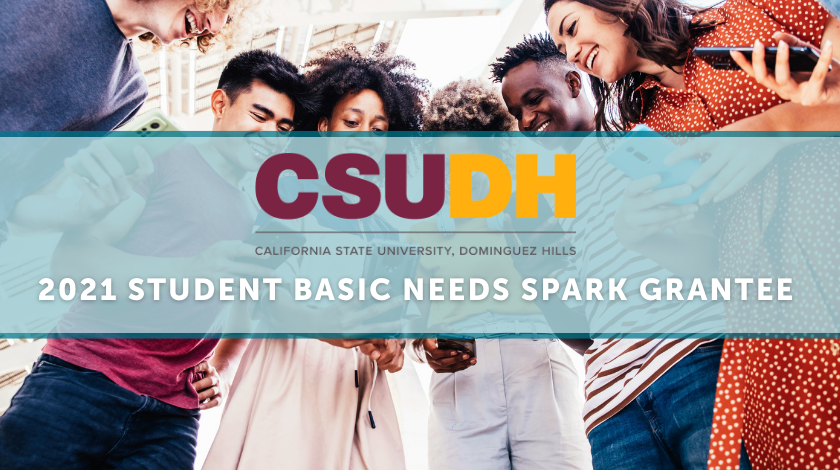The Student Basic Needs Crisis Is Affecting Our Most Vulnerable Students
The scholars hardest hit by the student basic needs crisis in higher education are those that fall into categories deemed “vulnerable populations”. Black and Indigenous students, students identifying as nonbinary or transgender, students enrolled part-time, and students who are former foster youth or returning citizens are at greater risk of basic needs insecurity. Despite concerted efforts to connect these students to on campus and off campus resources, enormous gaps remain. For example, across public and private institutions, eligible California undergraduates leave an estimated $100 million in CalFresh benefits unclaimed every month. At the heart of these gaps is the disperate way in which colleges and universities identify and measure how many vulnerable students they are serving through on campus programs.
To bridge the data gaps and better understand the basic needs of students, the Michelson 20MM Foundation has awarded a Spark Grant to California State University Dominguez Hills (CSUDH) to create “The Resilience Inventory”, a set of concise questions that will allow students to self-identify as belonging to a specific vulnerable population and will serve as an eligibility pre-screener for student support programs.
Closing the Data Gaps
To create The Resilience Inventory, CSUDH will conduct a literature review and a landscape survey of basic needs data collection practices across all 23 CSUs. This is needed because not every campus tracks basic needs data, some gather information via surveys, sign-in sheets at food pantries, or data from student services offices that don’t fully capture the lived experiences of students. Generally, the data only captures demographics and academic history, missing the opportunity to ask if a student is a single-parent, formerly incarcerated, food insecure, homeless, LGBTQIA+, undocumented, military affiliated, or a current/former foster youth. Without a robust data profile of students, campuses make assumptions around the basic needs of their students and miss out on identifying those who are eligible for traditional student support programs based on their self-identification with a special population.
Some of these population-specific programs are found across the California Community Colleges, University of California, and CSU systems; they include the Extended Opportunity Program (EOP), Disabled Student Program and Services (DSPS), Veterans Resource Center (VRC), CalWorks, Project Rebound, and Guardian Scholars. Students would be better served if there was a better way for their campuses to know who they are, what programs they’re accessing, and what other resources for which they might be eligible.
The Resilience Inventory
Beyond serving as an eligibility pre-screener for student support programs the digital version of The Resilience Inventory will be made available for free to all college campuses, translated into multiple languages, ADA accessible, and formatted to be easily uploaded into various softwares so that students can fill out the form by simply swiping their student ID card. The Resilience Inventory will provide a more robust data profile of students seeking assistance with basic needs and allow campuses to speak to exactly how many of their students identify as current/former foster youth, homeless, food-insecure, military affiliated, LGBTQIA+, disabled, formerly incarcerated, undocumented, and other special populations. In addition to helping campuses better support students, The Resilience Inventory will better position schools to pursue complimentary funding streams and advocate for systems and policy change.
We look forward to sharing additional blogs spotlighting each of our new Student Basic Needs grantees and the inspiring work they are leading. To learn more about the Student Basic Needs crisis, we invite you to visit our YouTube channel, which features a webinar with the nation’s leading experts on the subject.
Michelson 20MM was founded thanks to the generous support of renowned spinal surgeon and inventor Dr. Gary K. Michelson and his wife, Alya Michelson. The Michelson 20MM Foundation is dedicated to supporting and investing in leading organizations, technologies, and initiatives that seek to transform learning and improve access to educational opportunities that lead to a meaningful career. Learn more at www.20mm.org.
